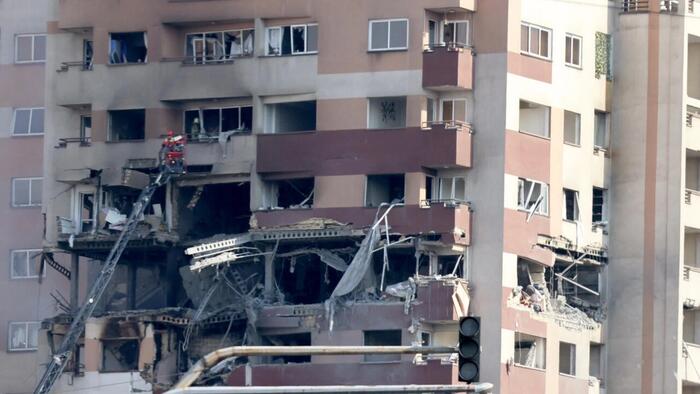


The Israeli military operation launched against Iran on June 13, striking nuclear facilities, missile sites, and senior leadership targets follows eight months of covert planning by Israeli intelligence and military agencies, Axios reported. Prime Minister Benjamin Netanyahu announced that the goal of the operation is to “eliminate” Iran’s nuclear and ballistic missile capabilities. “This operation will continue as long as necessary, until we complete the mission,” he said.
According to Axios, the opening wave of attacks targeted around 25 nuclear scientists, killing at least two, and included the assassination of Iran’s top military leaders, including the commander of the Islamic Revolutionary Guard Corps (IRGC) and the military chief of staff. Residential areas in Tehran were also bombed, causing extensive damage and civilian casualties.
Israeli warplanes carried out large-scale bombing raids across Iran, while Mossad operatives on the ground allegedly conducted sabotage missions at key missile and air defense facilities.
Axios claims the strikes were prompted by a combination of factors: rising concerns over Iran’s growing missile stockpile, intelligence indicating active nuclear weaponization research, and the imminent activation of a new underground enrichment facility that Israeli intelligence deemed invulnerable to conventional airstrikes.
“This was arguably the biggest single blow to the Iranian regime since 1979,” Axios wrote, citing Israeli officials who expect the operation to last days or even weeks.
In the lead-up to the operation, Israeli forces rehearsed the strike under the guise of standard military exercises and amid ongoing negotiations between Washington and Tehran over Iran’s nuclear program.
Behind the scenes, the Israeli government claims it received tacit approval from the US, despite public opposition from US President Donald Trump. While Trump repeatedly warned that any Israeli action that could “blow up” the nuclear negotiations, two Israeli officials told Axios that Washington had in fact given Tel Aviv private approval for the attack. “We had a clear US green light,” one said.
Trump, speaking after the strikes, confirmed he had prior knowledge of the attack but claimed the US played no active role. “I gave Iran chance after chance to make a deal,” Trump claimed. “They chose confrontation.”
“There has already been great death and destruction, but there is still time to make this slaughter, with the next already planned attacks being even more brutal, come to an end,” Trump threatened.
During the negotiations, Iran has insisted on its right under international law to enrich uranium for peaceful energy and research purposes. The US has insisted that Iran halt enrichment on its own soil, claiming the Islamic Republic seeks a nuclear weapon.
The US administration, including Secretary of State Marco Rubio, has officially distanced itself from the operation, calling it “unilateral.” However, questions remain about the extent of US logistical and intelligence support.
Israel now braces for Iranian retaliation. Tehran has vowed a severe response, threatening to target both Israeli and US military assets in the region in response to Israel’s aggression.
“The Zionist regime has committed a crime in our dear country today at dawn with its satanic, bloodstained hands. It has revealed its malicious nature even more than before by targeting residential areas,” Iranian Supreme Leader Ali Khamenei stated after the attack.
“The [Zionist] regime should anticipate a severe punishment. By God’s grace, the powerful arm of the Islamic Republic’s Armed Forces won’t let them go unpunished,” he warned.
